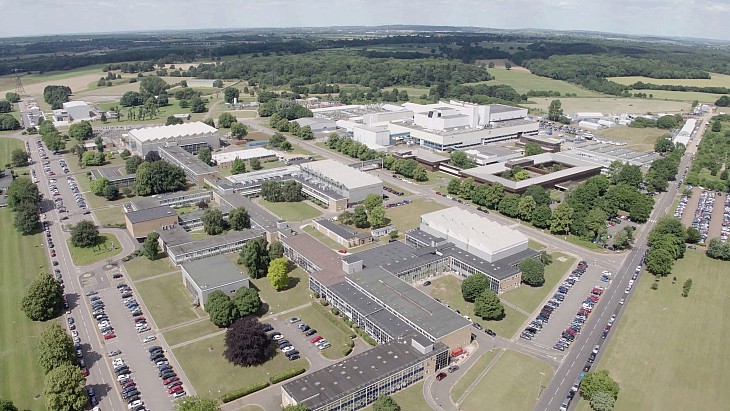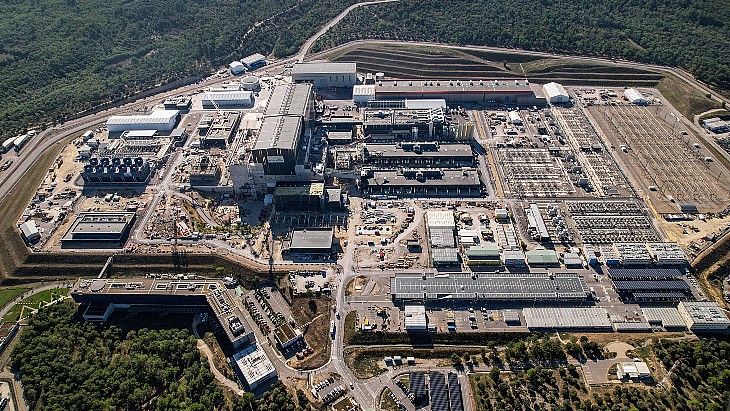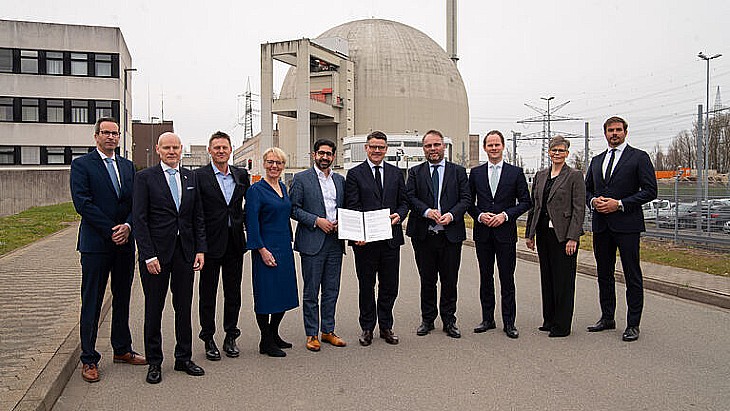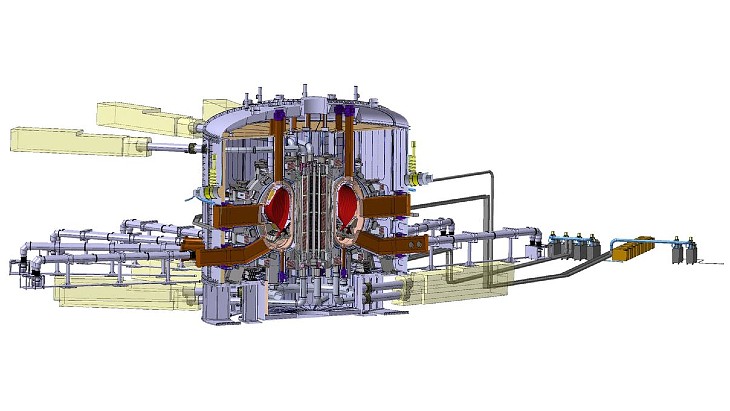Fusion report focuses on future workforce challenges

The Fusion Cluster represents about 200 companies and organisations in the nuclear fusion sector, and is funded by the UK Atomic Energy Authority. The report is described as a "conversation starter" as fusion "moves from research to the delivery of commercial power plants" and to help highlight priorities for GBP56 million (USD69 million) of funding for a fusion skills programme, part of the Fusion Futures programme established to replace, post-Brexit, the UK's involvement in the Euroatom Research and Training Programme.
The report's key findings include:
- Fusion workforce requirements are linked with technological progress and investment, making it difficult to predict how many roles are required and when. Apprenticeships can usher in a new generation but must be timed so there is sufficient work available at the end of the programme.
- The nature of the workforce challenge evolves over the short, medium and long-term, and shifting the focus to skills, rather than job roles, will allow fusion to draw from a wider range of potential recruits in other sectors.
- A targeted communication plan is essential to entice potential recruits, highlighting the rapid progress that is being made, routes into fusion and structured career pathways.
Valerie Jamieson, development manager for The Fusion Cluster, said: "Delivering fusion energy will require expertise from a wide range of people and industries. This workforce report sets out some of the issues the fusion sector needs to consider to realise its ambitions to provide the sustainable power the world needs. While we don’t have all the answers yet, it starts the right conversations we need to have."
The fusion industry is currently estimated to directly employ about 2400 people, with 75% of those holding scientific, engineering or technical positions - and 38% of employees have PhDs - the report says, adding: "Fusion operators must balance the teams needed to drive technical innovation with those needed to run and grow a stable engineering operation. This balance is key to ensuring that sustainable growth is achieved while solving some of the hardest engineering challenges ever faced."
The report says: "Over the next 10 to 15 years, as the industry progresses away from proofs of concept towards the delivery of major infrastructure projects, we would expect to see a relative decline in the share of PhD qualified candidates. Simultaneously, we would also expect to see an increase in the relative share of those holding Masters and Bachelors degrees, as the skills challenge moves away from solving research problems and more towards attracting engineers at volume to deliver significantly larger projects. As we head further towards 2040, pilot plant testing and full operations and maintenance, the need for HND/HNC/ vocational qualifications will increase. At this time, fusion will compete with other traditional engineering industries for these skills."
The current recruitment challenges mentioned include "too many individuals still perceive fusion as a technology that is 30 years away" leading them "to prefer sectors that yield more immediate outcomes", the report says. It also highlights a lack of gender diversity in the workforce - 77% of employees are male, 23% female - and as well as missing out on talent "the lack of representation across fusion is likely to further discourage potential applicants". It adds: "Fusion is not the only STEM industry to have this problem and should engage with other sectors to learn from their experiences, rather than re-invent the wheel."
Fusion is not well-represented in university engineering courses the report says, and "support from industry is needed to build and deliver fusion-relevant engineering courses". In the longer term it says "we must also consider outreach efforts into primary and secondary education. There is a lack of knowledge about fusion energy across many external stakeholders such as parents, schools, local government and local communities - those who are outside the immediate bubble of fusion industry workers and investment community".










_88592.jpg)

